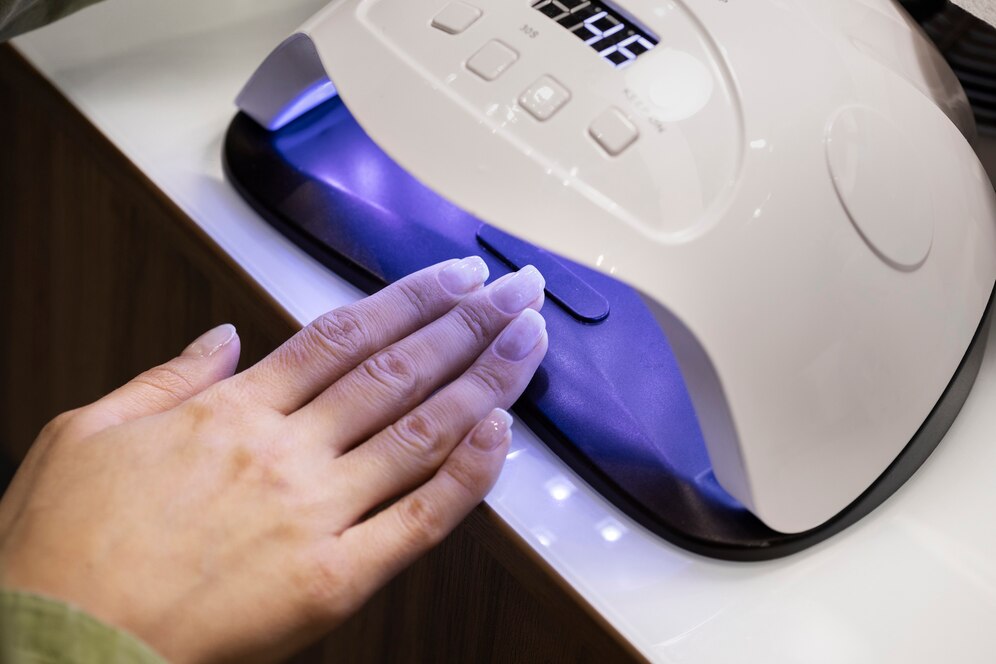If you’re dealing with immigration paperwork, a visa application, or anything court-related, you’ve probably come across the term Live Scan fingerprinting. It’s one of those things that sounds a little technical, but once you know the basics, it’s not too complicated.
Live Scan is a modern, electronic method of taking fingerprints that’s used for background checks. It’s quick, painless, and vital for many legal processes.
Whether you’re going through an immigration case or clearing up a legal matter, Live Scan fingerprinting is something you can’t skip. So, let’s break down what you need to know and how to prepare.
Why Live Scan Fingerprinting is Important for Legal Applicants?
- If you’re working through immigration or any legal case, Live Scan fingerprinting is usually a required step. Why? Because it’s the most accurate and efficient way for the government to run a background check.
- For immigration applicants, the U.S. Citizenship and Immigration Services (USCIS) uses these fingerprints to make sure everything checks out with your history. It’s the same for court-related matters like adoption, expungement, or even child custody cases—fingerprinting helps the agencies confirm identities and spot any past criminal records.
- Skipping or delaying your Live Scan can really throw a wrench in your legal process. So, it’s best to take care of it as soon as possible to keep things moving smoothly.
Common Legal and Immigration Situations Requiring Live Scan Fingerprinting
There are quite a few situations where Live Scan fingerprinting pops up, and if you’re in one of these, chances are you’ll need to get it done.
Immigration Applications
If you’re applying for a visa, green card, or citizenship, expect to do a Live Scan. The government needs to know your background is clear before moving forward with your application.
Court-Related Matters
Legal processes like expungement (clearing criminal records), child custody cases, or adoptions often require fingerprinting to verify your background. It’s a critical part of making sure everything is legitimate and transparent.
Licensing for Legal Professionals
- If you’re looking to get a license to work in fields tied to legal or security services, like becoming a lawyer or security guard, Live Scan is a mandatory step in the process. It’s a way for the state to confirm you don’t have any disqualifying criminal history.
- In all of these cases, fingerprinting isn’t just a formality—it’s a key part of the screening process.
After Your Live Scan: Understanding the Next Steps
- After your prints are taken, they’ll be sent to the appropriate agency, like the California Department of Justice (DOJ) or FBI, for processing. Depending on the situation, results usually take one to two weeks to come back.
- Once they’re processed, the agency or lawyer handling your case will receive the results. If you haven’t heard anything after a couple of weeks, it’s smart to follow up to make sure there aren’t any unexpected delays.
- Rest assured, your fingerprints are only shared with the necessary people—your privacy is protected throughout the process.
Common Mistakes to Avoid When Completing a Live Scan
Here’s a heads-up on a few common mistakes people make when getting their Live Scan done.
- Bringing the Wrong ID: It sounds simple, but a lot of people forget to check the ID requirements and bring something that doesn’t work. Always double-check.
- Not Confirming Payment Details: Different locations accept different payment methods, so make sure you know what they accept before you arrive.
- Showing Up Late: Some places have tight schedules, and being late could mean rescheduling, which only delays your legal process.
A little preparation goes a long way in making sure things go smoothly.
Conclusion
Going through legal or immigration processes is already stressful, so don’t let Live Scan fingerprinting add to that. While it’s just one part of your legal journey, getting your Live Scan done right will help keep things moving forward.
















